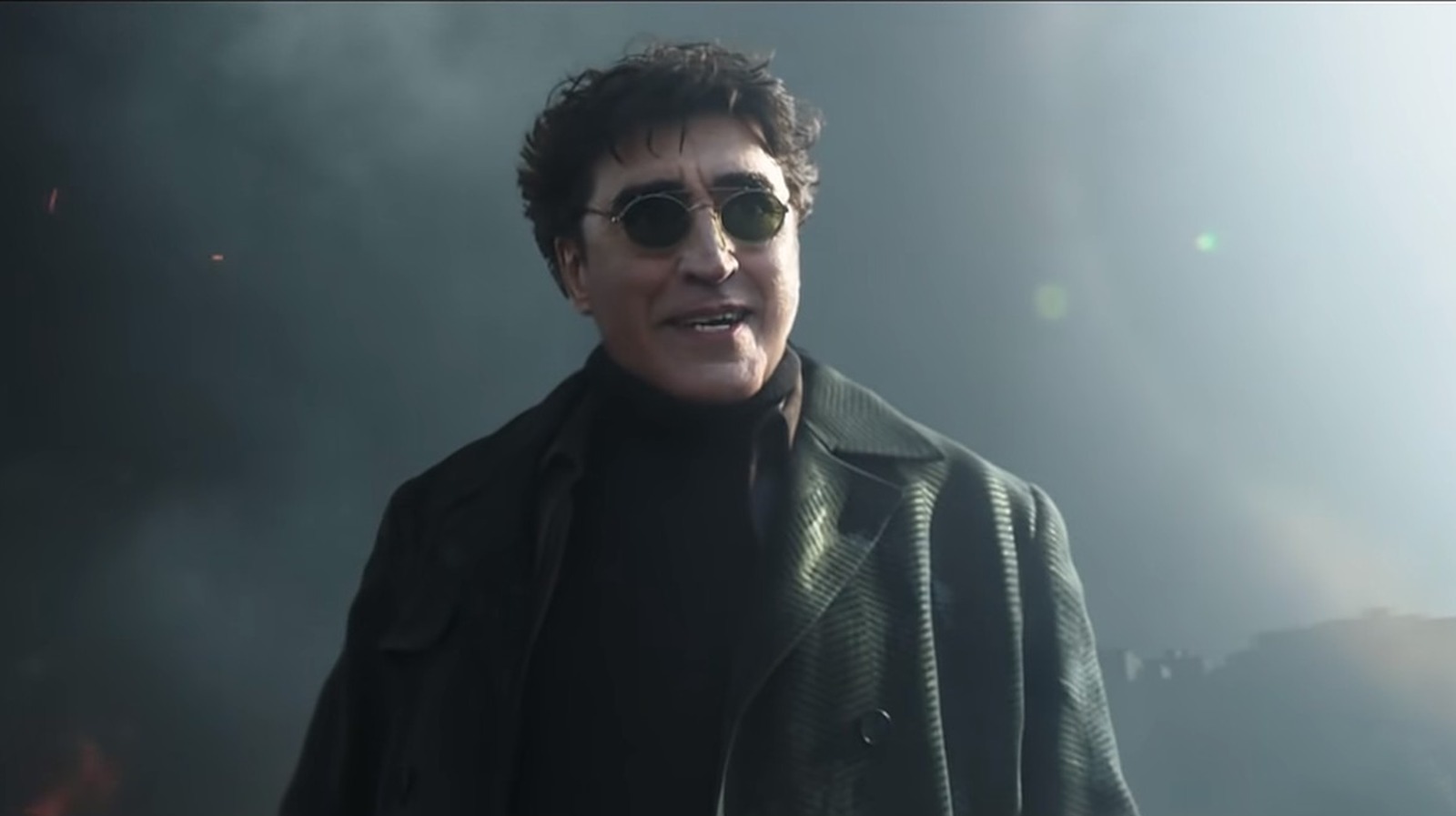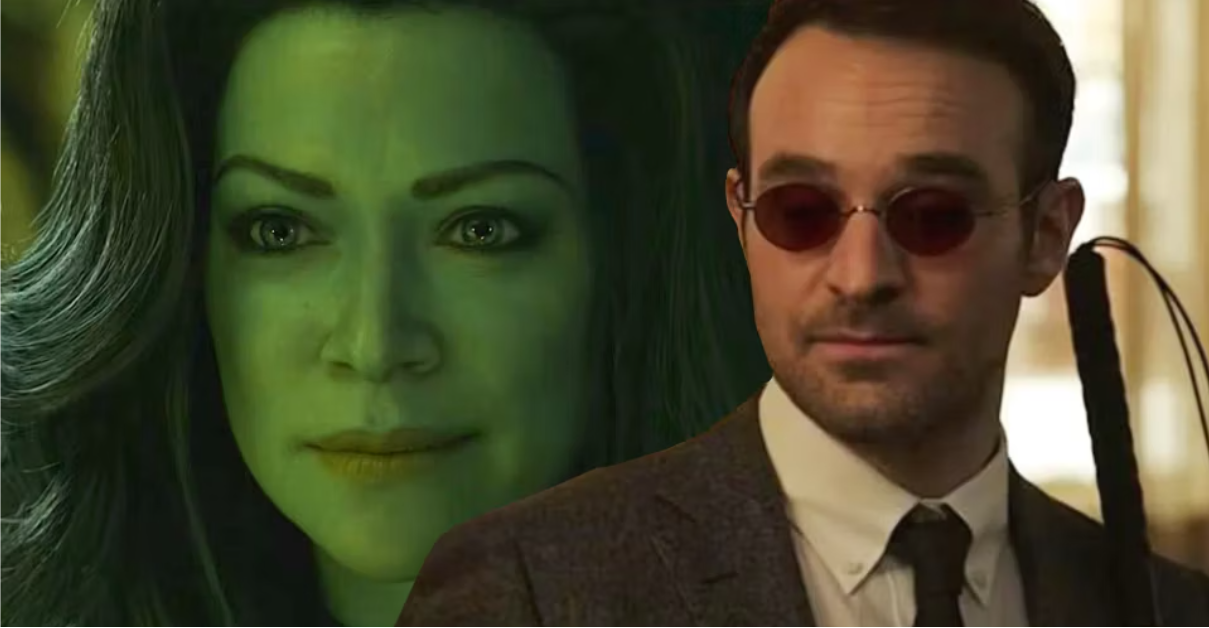#The Unbelievable True Story Behind Disney+/Hulu Series ‘Sam A Saxon’

In one of the first scenes of Sam — A Saxon, we see Samuel Meffie (Malick Bauer) running full-tilt through the streets of Dresden. Sam stands out. Not just because he is (literally) chasing an ambulance. But because this is 1989. We are in Saxony, deep inside communist East Germany. And Sam is a six-foot-something Black man.
He rushes past a parked police car. The officers sound the siren. Sam stops. He put his hands up. The cops, in the green khaki uniforms of the Deutsche Volkspolizei (German People’s Police), get out of the car. Things look bad. Then, Sam turns around and starts to explain. His girlfriend is in that ambulance, about to give birth to their son. “They wouldn’t let ride with them,” he says. Then he quotes Kierkegaard, to the effect that only someone who hears a cry of a woman in labor at the hour of giving birth “knows the real meaning of life.”
The cop is impressed. He offers Sam a ride to the hospital. En route, he makes him an offer: “Ever think of joining the police?”

Disney+/Hulu
“I know it’s hard for people to understand why, as a Black man in East Germany, I became a police officer,” says the real Samuel Meffie, speaking over tea at a cafe in Cologne. “But for me, the police represented order, justice, and safety. Those were things missing in my life at the time.”
When Meffie did eventually join the Dresden police force, it was 1990, after the fall of the Berlin Wall but before German Reunification. He was one of the last officers trained under the East German system. And the first-ever Black policeman in the GDR.
Sam — A Saxon is Meffie’s story, or at least the 7-hour made-for-TV version. The series, the first German-language original from Disney+, bows Wednesday, April 26th on Hulu in the U.S. and on Disney+ worldwide.
Those expecting a feel-good underdog story — that Disney specialty — are in for a shock. That Kierkegaard quote is a hint. The philosopher, known as the father of existentialism, saw the world as unavoidable suffering. And Samuel Meffie has had his share. If he started the 1990s as (literally) the poster boy for multiculturalism in newly-reunified Germany, he would end it behind bars as a violent criminal and internationally-wanted fugitive.
Samuel’s father, who was born in Cameron and came to East Germany as a student, died the day of his son’s birth, of mysterious, likely criminal causes (Meffie suspects he was poisoned by his work colleagues). His mother, forced to raise two children on her own, was abusive, physically and physiologically. “It was hell, in mini-format,” writes Meffie in his autobiography, I, a Saxon, written together with German historian and playwright Lothar Kittstein, and recently published in English under the one-word title Sam.

Carsten-Koall_picture-alliance-via-Getty-Images-
“One of the first lessons I learned in life was ‘you’re never safe,’” says Meffie, speaking slowly in a deep, soft voice. “I think it was my childhood, the chaos, and trauma of that time, that shaped my image of the police, as the only ones who brought order, who helped people in need.”
In eastern Germany in 1990, after the fall of the Berlin Wall but before German Reunification, chaos was the order of the day. The collapse of the East German state had left a power vacuum, one that criminal gangs and far-right thugs were eager to fill.
“It’s almost impossible for Westerners to imagine what it was like, but the Neo-Nazis were just marching in the streets of Dresden, hundreds of them,” says Meffie. “If they spotted a Black person they’d chase them, attack, and beat them…But inside the police corps, we were a brotherhood. I never ran from a fight. That earned me respect. If was, for a time, a place of solidarity for me, of camaraderie.”
In 1992, Meffie posed for pictures for an anti-racism campaign. His face, above the words “A Saxon,” were plastered, 20 feet tall, on billboards around Dresden. The campaign hit a nerve. At the time, when the news was full of images of right-wing rioters and attacks on asylum seekers in East Germany, Samuel Meffie offered a different narrative for a country eager to project a progressive, open, and multicultural image to the world. He became a media star, touring the talk show and struggling, in that deep, soft voice of his — flavored with just a touch of the Saxon accent of his birthplace — to explain the frustration, anger, and violent rage on the streets of Eastern Germany.
In his book, Meffie describes that time as a media “safari.” The rush of sudden celebrity and public attention, he writes, was “cocaine for the soul”: Intoxicating and poisonous.

Ullstein
“The ‘A Saxon’ campaign had the right idea at the place at the right time,” says Meffie, “but they had the wrong person. I was carrying around a backpack full of unresolved problems and trauma.”
It didn’t end well. Frustrated with the police and with state politics, Meffie quit in 1994. He set up his own security firm and imagined being “a sort of Robin Hood” for the city’s defenseless. Instead, facing money problems, he became a debt collector and enforcer for one of Dresden’s most notorious gangsters. Meffie’s fall from grace, depicted in the final episodes of Sam — A Saxon, would see him arrested, and sentenced to more than 9 years in prison, for robbery. He served 7 years, with time off for good behavior.
“I first heard about Samuel’s story from Tyron Ricketts. This was back in 2006. We’d cast him to play the first Black detective in an Eastern German procedural [Leipzig Homicide], which was a big deal at the time” says Jörg Winger, producer, and co-creator (with Ricketts) of Sam — A Saxon. “We tried, way back then, to pitch the story as a series. But we kept getting the same response: “I personally love the story, but I don’t think the [German] audience is ready for it.”
It took a decade-and-a-half, a revolution in German TV, and a new social reckoning before a channel was ready to take a chance on Sam’s story.
“Partly it’s the TV industry, the influence of Netflix, Amazon and the other streamers have opened things up to different, more diverse kinds of stories, stories from more marginalized communities,” says Winger. “But I think we’ve also, in the past few years, had a real change in how we talk about racism, institutional racism, in Germany.”

Hannes-P.-Albert_picture-alliance-via-Getty-Images
Following the success of Deutschland ’83 (2015), the German spy series which Winger created with his wife Anne Winger and, produced by German studio UFA Fiction, streamed for three seasons (as Deutschland ’86, and Deutschland ’89) on Hulu in the U.S., Winger returned to Sam’s story. He and Ricketts set up the show as the first project for Big Window, a new label Winger founded at Fremantle company UFA Fiction for ambitious, internationally-facing series.
This time, people were interested. The project eventually landed at Disney, which commissioned it as its first-ever German-language original. Winger says the studio, which has “diversity in its company DNA,” is a perfect fit for Sam — A Saxon. The show itself was keen to be diverse both in front of the camera —featuring afro-German actors Malick Bauer, Ricketts, Paula Essam, and others in starring roles —as well as behind, with a writer’s room that includes Austrian-Nigerian screenwriter Malina Nwabuonwor (TNT’s Para – We Are King) and East German-born afro-German actor and writer Toks Körner (Borga).
“It was important to get things right, not just in reference to the experience of being Black in Germany, but to the experience of living in East Germany at the time,” notes Winger.
The result, in Sam — A Saxon, is unlike almost anything to come out of German TV. Part coming-of-age story, part crime thriller, part prison drama, the series shifts tone and genre from episode to episode, held together by Bauer astounding performance —”he’s like the son I never had,” jokes Mellfire — and the arc of Sam’s trauma.
“In the end, I think, it all goes back to my losing my father, to have had never known him, that left a gap, a gap I’ve been trying to fill my entire life,” says Meffie. Only after years of therapy —inside prison and out —and through the support of his wife and family, has he emerged, he says, whole again.
Seeing his life replayed, and fictionalized, on screen is a strange experience, Meffie admits, but he feels the series for all its creative license, “captures the feeling, the emotional truth” of his life.
“And, of course, the money has helped,” he laughs. “Thanks to the show, I’ve paid off my debts. I never imagined that would be possible.”
Samuel Meffire lives with his wife and their two daughters in Bonn, working as a writer and as a coach for workers in the public sector. Sam — A Saxon premieres on Hulu and Disney+ on April 26.
If you liked the article, do not forget to share it with your friends. Follow us on Google News too, click on the star and choose us from your favorites.
For forums sites go to Forum.BuradaBiliyorum.Com
If you want to read more Like this articles, you can visit our Social Media category.




